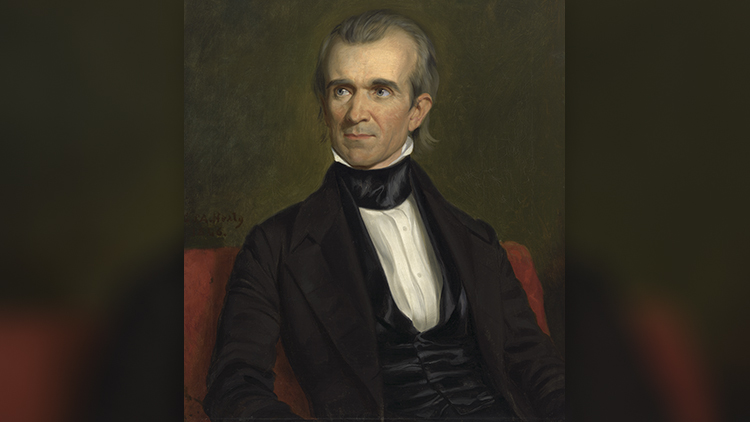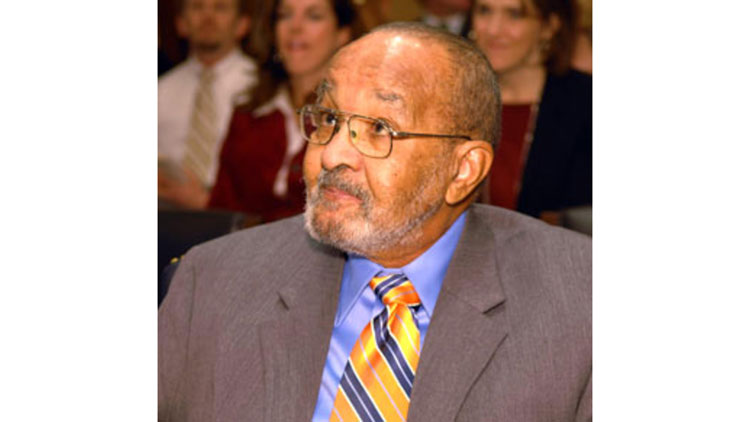
Before an election, people take polls to predict who will win. Some Presidents, though, had surprise victories!
James K. Polk
When James K. Polk, the governor of Tennessee, was nominated for President in 1844, few people knew who he was. His opponent, Henry Clay, was very popular. Clay’s friends were so certain that he would win, in fact, they made new furniture to put in the White House.
Polk’s promise to make Texas part of the United States helped him win by only 38,000 votes. During his term, he made the Oregon Territory and California part of the country in addition to Texas. Polk decided not to run for a second term.
James Garfield
James Garfield won the 1880 presidential election, but the real surprise came at the Republican convention, where he was nominated. President Rutherford B. Hayes had chosen not to run for a second term. Over a dozen men wanted to be president, so the party was divided, making the convention go on for seven days. After 34 votes, Garfield was nominated. He hadn’t even wanted the nomination. But, on the 36th vote, Garfield became the Republican candidate.
In the general election, Garfield beat the Democratic candidate Winfield Scott Hancock by only 10,000 votes. Sadly, Garfield was assassinated only four months after his election.
Harry S. Truman
Everyone thought that the current president, Harry S. Truman, would not win a second term in 1948. Even his wife thought he would lose! But Truman went on a tour, covering 22,000 miles by train, speaking to many Americans.
On election night, one newspaper printed the headline “Dewey Defeats Truman.” But Truman’s hard work had paid off. He won by a small margin, one of the greatest upsets in history.
What Do You Think? Why do you think people try to predict the outcome of elections?
Photo Credit: National Portrait Gallery, Smithsonian Institution; Gift from the Trustees of the Corcoran Gallery of Art (Museum Purchase, Gallery Fund) The Corcoran Gallery of Art, one of the country’s first private museums, was established in 1869 to promote art and American genius. In 2014 the Works from the Corcoran Collection were distributed to institutions in Washington, D.C.



